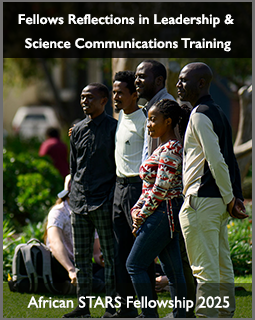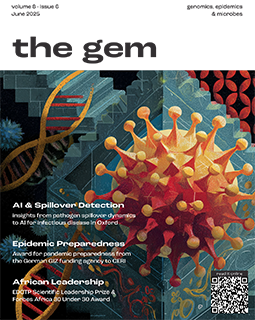Science Editorial: Inhibiting natural killer cells in AIDS
The human leukocyte antigen (HLA) gene complex varies enormously among individuals and helps explain individual variation in immunity to infectious diseases. Ramsuran et al. (Science 2018) examined data from almost 10,000 HIV infections.
Expression of the HLA-A and -B alleles was associated with higher viral load, reduced CD4+ T cell counts, and accelerated progression to AIDS. Higher levels of HLA-A expression increased expression of HLA-E, which blocks a specific receptor (NKG2A) on the immune cells that normally eliminate virus-infected cells. Thus, targeting NKG2A might provide a therapeutic avenue for HIV treatment. Read Ramsuran et al. 2018 (Open access).
News date: 2018-01-04
Links:
http://science.sciencemag.org/content/359/6371/86.editor-summary
Publication cited
Elevated HLA-A expression impairs HIV control through inhibition of NKG2A-expressing cells. Ramsuran V, Vivek Naranbhai, Amir Horowitz, Ying Qi, Maureen P. Martin, Yuko Yuki, Xiaojiang Gao, Victoria Walker-Sperling, Gregory Q. Del Prete, Douglas K. Schneider, Jeffrey D. Lifson, Jacques Fellay, Steven G. Deeks, Jeffrey N. Martin, James J. Goedert, Steven M. Wolinsky, Nelson L. Michael, Gregory D. Kirk, Susan Buchbinder, David Haas, Thumbi Ndung'u, Philip Goulder, Peter Parham, Bruce D. Walker, Jonathan M. Carlson and Mary Carrington, Science (2018), 359:86-90.











